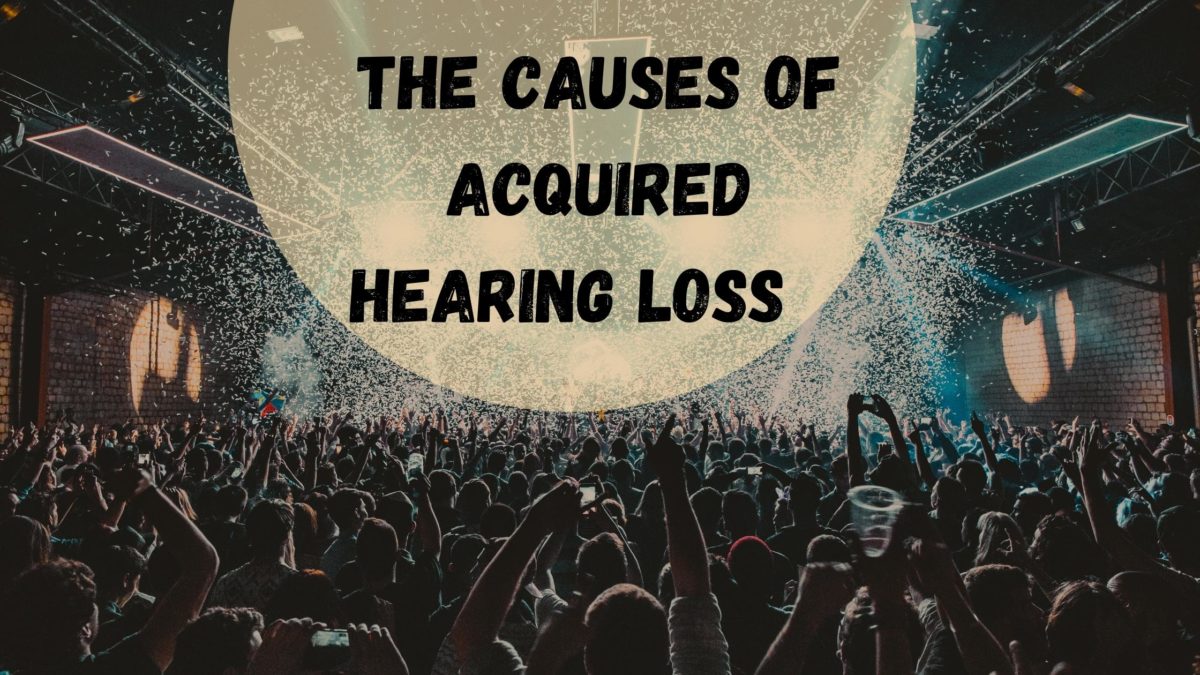- Are Cochlear Implants Worth It? - June 6, 2025
- Tips for Using Hearing Aids in Different Environments - May 27, 2025
- Rechargeable Hearing Aids vs. Battery-operated Hearing Aids - May 16, 2025
Did you know that 1 in 8 people have some degree of hearing loss? According to the National Institutes of Health, this number shrinks to 1 in 3 by age 65. Hearing loss is the third most common medical condition that people navigate today. Learning more about hearing loss can help with prevention and protecting your health!
Types of Hearing Loss
There are three types of hearing loss:
- Sensorineural: the most common type of hearing loss, sensorineural hearing loss occurs when the nerves and hair cells in the inner ear are damaged. These critical components of the auditory system help translate incoming soundwaves into electrical signals needed for the brain to understand and assign meaning to. Sensorineural hearing loss disrupts this process and affects the auditory pathways – which carry sound information – from the inner ear to the brain. This type of hearing loss cannot be corrected with surgical or medical treatments, resulting in permanent hearing loss.
- Conductive: this type of hearing loss is less common but results from obstructions that happen in the outer or middle ear. This can be caused by an accumulation of ear wax, bone growths, tumors, or injury which prevents sound from being absorbed and easily traveling to the inner ear. Conductive hearing loss can usually be treated through surgery or medication, restoring hearing ability.
- Mixed: refers to a combination of both sensorineural and conductive hearing loss.
These types of hearing loss range in degree of impairment. Hearing loss can be mild, moderate, severe, or profound.
Causes of Acquired Hearing Loss
Sensorineural hearing loss is by far the most common type of hearing loss. It accounts for 90% of the hearing loss people experience today. This type of hearing loss can be:
- Acquired: hearing loss that develops after a person is born, usually later on in life.
- Congenital: hearing loss that happens during fetal development which is much less common.
Acquired hearing loss can be caused by several factors. Common causes include the following:
- Exposure to loud noise: one time or consistent absorption of loud noise can cause irreparable damage. Loud noise can cause the hair cells in the inner ear to lose sensitivity, leading to these cells dying. Because these cells do not regenerate (unlike other types of cells), this produces a permanent hearing loss.
- Aging: age-related hearing loss, also known as presbycusis, is a significant risk factor for aging adults. Nearly half of adults who are 75 and older have some degree of hearing loss. Age-related hearing loss can be caused by existing medical conditions that become more common with age, the impact of loud noise over a long period of time, or changes to the structure of the ears.
- Existing medical conditions: several medical conditions increase the risk of hearing loss. This includes cardiovascular disease, hypertension, diabetes, stroke, etc. These conditions affect the flow of blood and oxygen throughout the body including the ears which can impact how sound is absorbed and processed.
Acquired hearing loss can also be caused by viral infections, tumors, specific types of medication, and Ménière’s disease.
Identifying the Signs
Being able to recognize the signs of hearing loss better allows people to intervene and address hearing health. Common hearing loss symptoms include:
- Tinnitus, usually referred to as “ringing in the ears”, is a buzzing or ringing-like noise that can be experienced in one or both ears.
- Increasing the volume on the television and/or other electronic devices.
- Asking others to repeat something they’ve said, speak louder, or speak slower.
- Sounds are muffled or slurred making it difficult to identify individual words.
- Difficulty hearing in environments with background noise and in conversations with multiple people.
- Moving to quieter spaces to have conversations.
- Lip reading to distinguish words, pretending to hear, experiencing miscommunication.
These symptoms often take a toll on communication. People can feel fatigued or frustrated after interacting with others. Social withdrawal is a common effect of experiencing these symptoms which can contribute to loneliness, anxiety, and depression. It is important to address hearing loss as early as possible which can significantly help transform your hearing health!
Treatment
Treating hearing loss starts with the simple step of scheduling an appointment for a hearing test. Treatment offers countless life-changing benefits that enhance your quality of life. Call us today to get started!

